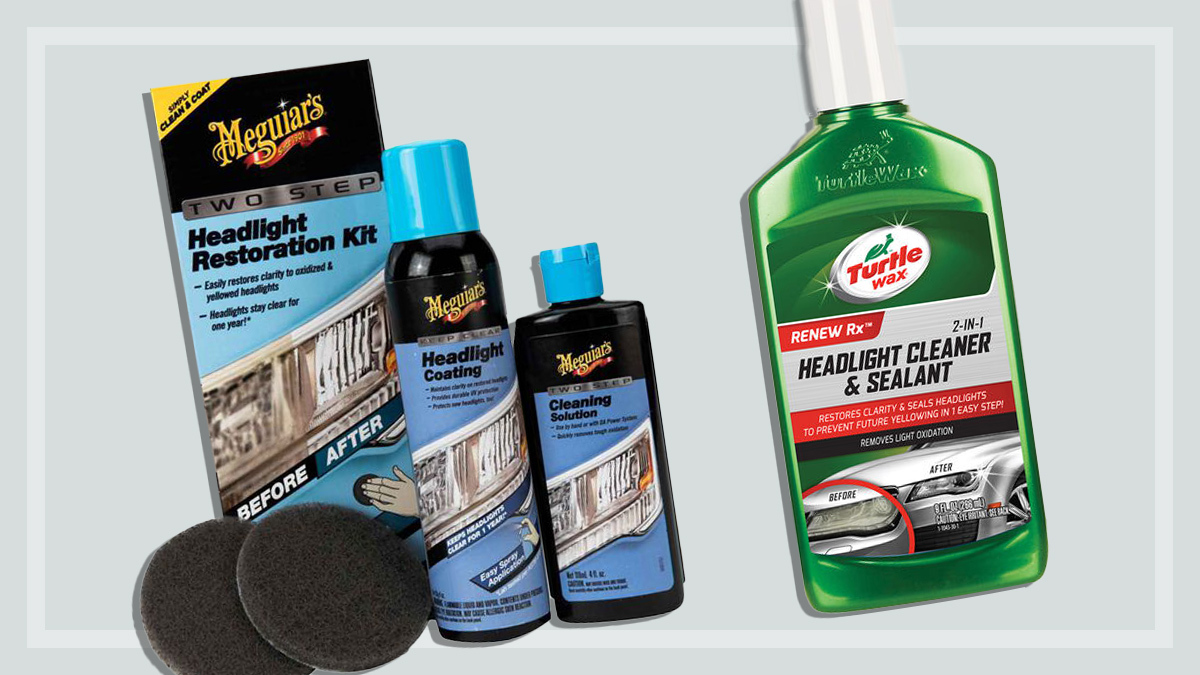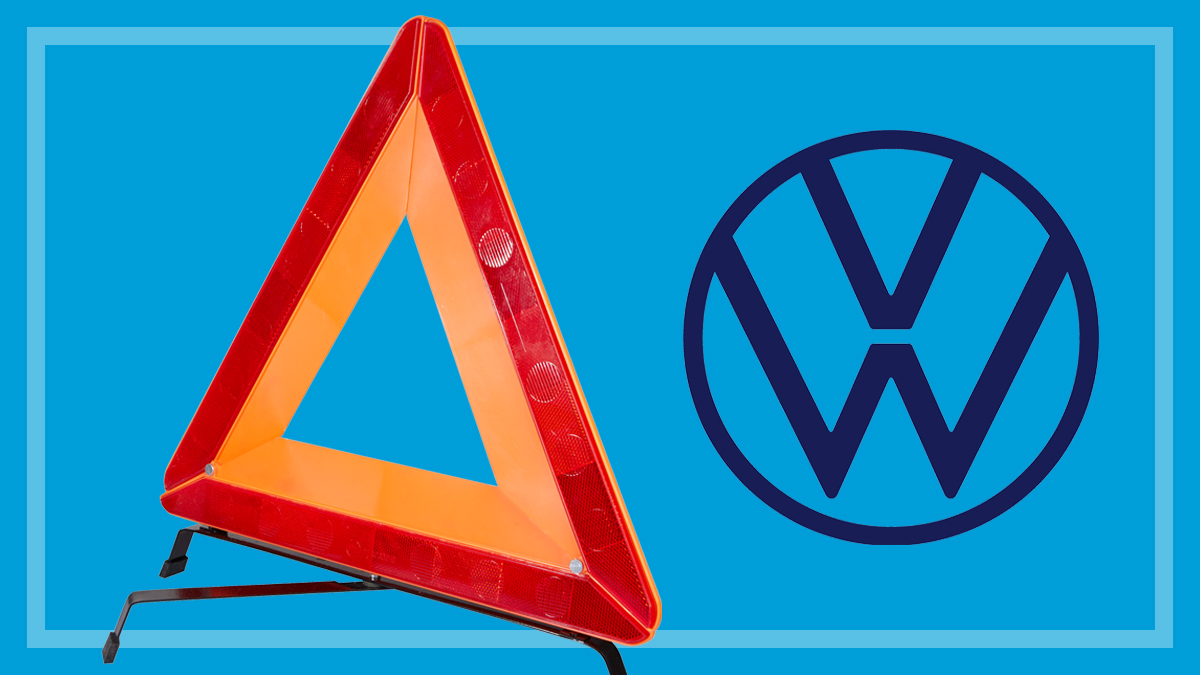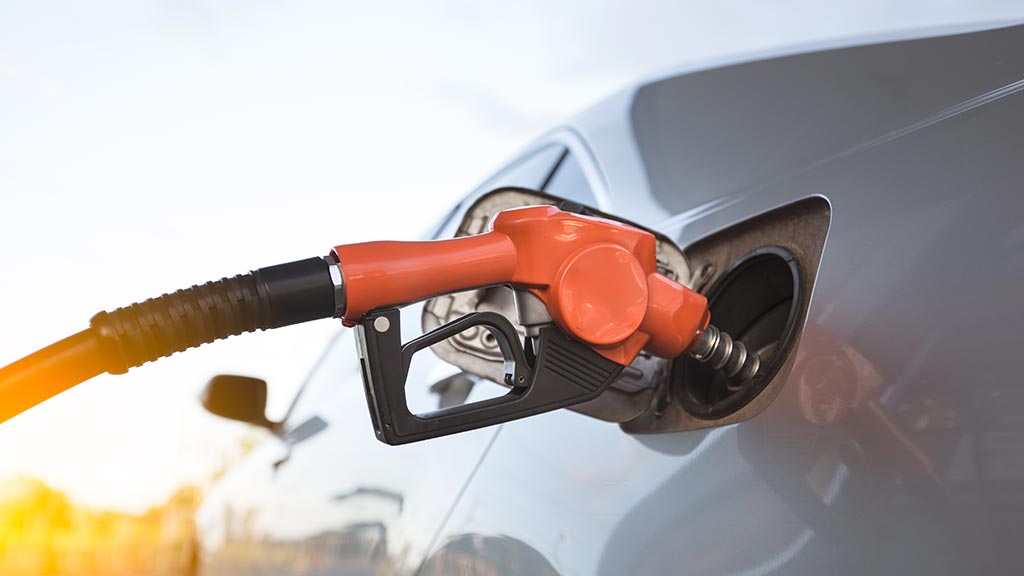Get our independent lab tests, expert reviews and honest advice.
Car warranties and dealer servicing
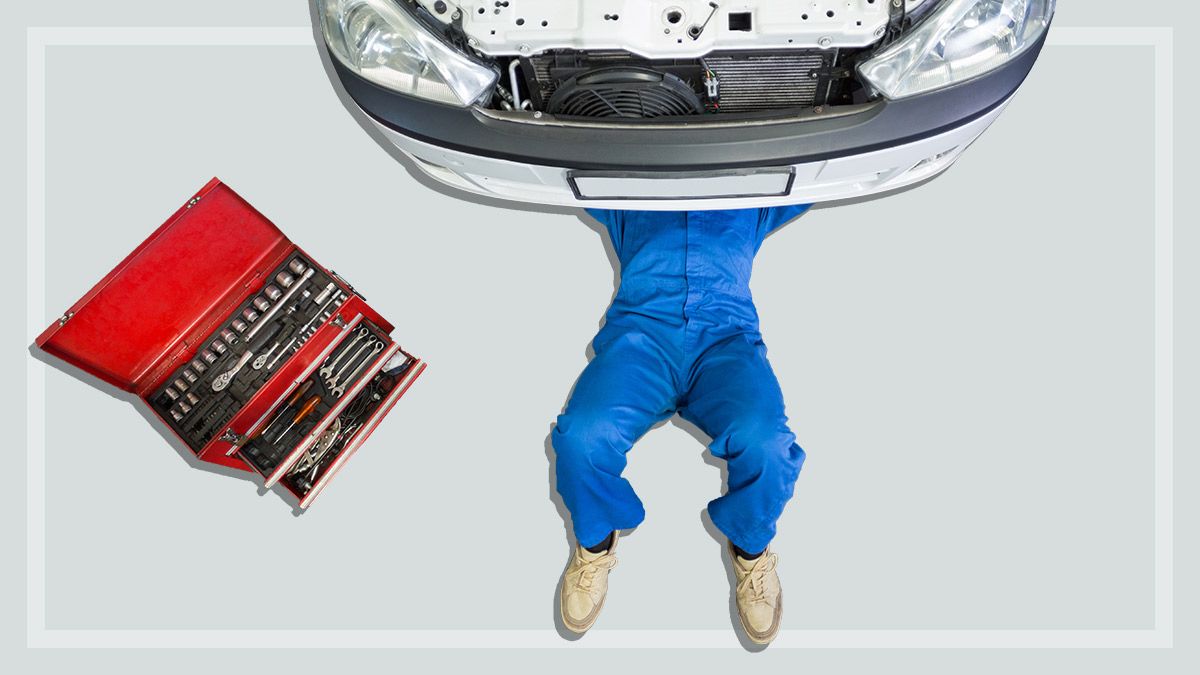
Need to know
- While car dealers may try to make you believe otherwise, you don't have to take your car back to the dealer for servicing
- The ACCC is clear on the point – any qualified mechanic can service your car and fill out the log book as long as they're using quality parts
- Going to an independent servicing and repair shop will not affect your car warranty
On this page:
- Do I need to service my car at the dealership?
- Dealerships giving the wrong information
- Are genuine parts needed?
- Can independent mechanics do software updates?
- Can I skip a service?
- Can I do the servicing work myself?
- How to keep your car manufacturer's warranty intact
- Extended warranties and car servicing
Bought a new car? Then you may wonder if you have to get it serviced at an authorised dealership to keep your manufacturer’s warranty intact. If so, you’re not alone.
When we surveyed 300 car owners in 2016, we found:
- just under 50% thought they had to return their car to the dealer to maintain their warranty or were unsure
- of the 105 people who had bought a new car, 90% serviced their vehicle at the dealer.
Do I need to service my car at the dealership?
No, you don’t need to get your car serviced at the dealership to keep your manufacturer’s warranty intact.
Despite what your dealer may say, or the impression you get reading the logbook or warranty terms, you’re legally entitled to shop around for the best servicing deal without voiding your manufacturer’s warranty (note: the rules are different for extended warranties).
The Australian Competition and Consumer Commission (ACCC) says “a manufacturer’s warranty is a promise to the consumer that the vehicle will be free from defects for a certain period of time”.
While a manufacturer can have certain requirements in its warranty terms – such as ensuring any servicing is carried out by qualified staff, according to the manufacturer’s specification, and that appropriate quality parts are used where required – it can’t require you to service your vehicle through an authorised dealer to keep your warranty intact.
You’re legally entitled to shop around for the best servicing deal without voiding your manufacturer’s warranty
“Provided you service the vehicle in accordance with any such requirements, the warranty will remain valid. If the manufacturer’s warranty states that the vehicle can only be serviced by an authorised dealer, this may raise concerns under the Competition and Consumer Act,” the ACCC has said in written guidance to the automotive industry.
But that message doesn’t always seem to be getting across: we’ve come across examples of dealers flouting the ACCC guidelines and saying you should service your car at an authorised dealer.
We also found language in logbooks that strongly implies you’ll be voiding the warranty if you don’t take it back to the dealer for servicing.
Dealers rely on car servicing to make profit
Why do dealerships push customers to return their cars for servicing? Dealers depend on servicing, parts, car finance and insurance to make their profit margins. A motor industry report from Deloitte found on average, almost 30% of car dealer’s profits come from servicing, while dealers lost money on new car sales.
Dealers depend on servicing, parts, car finance and insurance to make their profit margins
One lobby group for some major dealerships explained in a submission to government how their business model works:
“By generating sales volumes, dealers create opportunities to build customer relationships which result in a future stream of revenue. Such revenue includes adding and installing aftermarket accessories on the new vehicle sale, dealership finance and insurance, and servicing the customer’s vehicle throughout the life of the car.”
Dealerships giving the wrong information
In our 2016 investigation, we called 24 Toyota, Mazda and Holden dealerships across Australia to get an idea of what consumers are being told about their rights in relation to servicing and warranties.
Three dealers gave us completely incorrect advice, saying we had to return the vehicle to a dealer to maintain the warranty. A number of others gave us questionable advice, or only told us we could go to an independent mechanic after we pushed them on it.
Three dealers gave us completely incorrect advice, saying we had to return the vehicle to a dealer to maintain the warranty
While most dealers generally said the right thing about warranties and servicing once pushed, many didn’t offer this information upfront and resorted to sales tactics to promote dealer servicing, such as capped price service deals and extended warranties, both of which usually lock you into servicing your vehicle at the dealer.
Many used terms such as “advisable”, “recommended” and “preferred” in relation to dealer servicing, which could further add to the impression that using an independent mechanic may result in problems.
Logbooks also misleading
We also took a look at a number of logbooks in 2016 to see what messages were being conveyed to consumers. The upshot? We won’t blame you if you’ve been led to believe you have to take your vehicle back to the dealer for servicing.
A number of brands include a space on the service pages indicating that it should either be stamped and/or signed by an authorised dealer.
For example, one Ford logbook we looked at has a space for an “Authorised Ford Dealer Log Book Service Verification Stamp” and also has a checklist asking the mechanic to tick that they are an Authorised Ford Dealer Service Department.
An independent repairer may sign or stamp the relevant page of the customer’s service logbook without it affecting the manufacturer’s warranty
ACCC guidance
Mazda’s logbook asked for a dealer validation stamp and Hyundai’s asks for a dealer’s signature. None of these things are required to keep your warranty intact, but the logbooks certainly make it look that way.
What’s the law?
The ACCC has clearly said: “Even if the service page boxes in the logbook are labelled in this way, an independent repairer may sign or stamp the relevant page of the customer’s service logbook (once they have completed the service) without it affecting the manufacturer’s warranty provided any other requirements are met (i.e. the service is carried about by qualified staff etc.).”
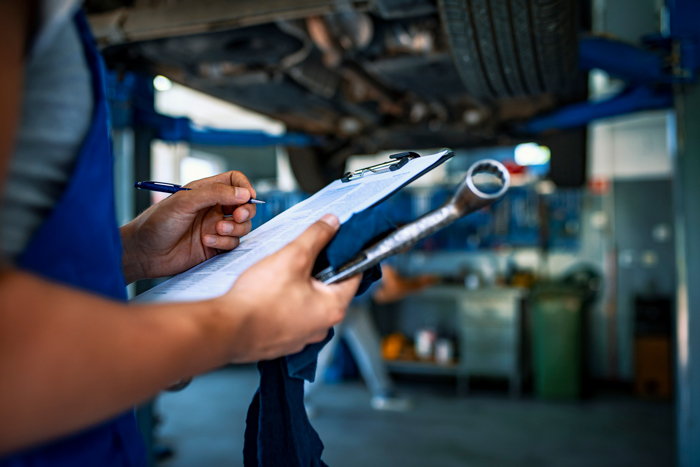
Are genuine parts needed?
Many dealers also angled for dealer servicing by saying genuine parts (also known as OEM, or original equipment manufacturer parts) were either required or highly recommended in order to keep the warranty intact.
The problem here is that genuine car parts can be much more expensive than aftermarket parts (parts not made by the original manufacturer).
In fact, when we looked at this issue previously, we found details of the mark-up being as much as 60% even though the parts are often identical.
But you don’t have to pay the price premium on parts to be covered. The ACCC’s guidance says that provided you use quality parts, your car manufacturer’s warranty won’t be voided.
If a non-genuine part is used it won’t be covered under the manufacturer’s warranty, but it would be covered under the warranty of the part’s supplier and/or Australian Consumer Law.
To be fair, despite the initial response of dealers, when pushed many did clarify that it’d only be the actual part that wouldn’t be covered rather than the whole warranty being voided.
Can independent mechanics do software updates?
Another common dealer lock-in tactic was to say that independent service agents won’t be able to offer all the software updates that are required. One dealer told us: “Legally you don’t have to [bring it back to the dealer] … but independents can’t update the car which needs to be done pretty much every service”.
CEO of the Australian Automobile Aftermarket Association (AAAA) Stuart Charity says independent mechanics generally have enough information available to be able to do a scheduled service. But cars are becoming increasingly computerised and car manufacturers aren’t sharing enough information when it comes to repairs and software updates, he says.
This is despite car industry bodies signing a voluntary agreement on access to service and repair information in December 2014, which said they would make available to independent repair shops all the necessary information.
However, a 2017 report from the ACCC into the new car industry found there were still barriers in the industry preventing access to technical information.
“This lack of competition hurts new car buyers who have fewer options to get the best deal for repairs and servicing, and restricts independent repairers from competing on a level playing field,” said ACCC chairman Rod Sims.
Convincing you to bring your car back to the dealer for servicing is a business priority for many dealers, but dealerships generally charge more than independent shops.

Can I skip a service?
It’s always a good idea to keep up with your vehicle’s service schedule.
If you skip a scheduled service, depending on the time between services and the type of mechanical issues that may arise, you run the risk of voiding your warranty.
However, consumer guarantees still apply and if, for example, any mechanical issue is due to a defect, you can still be covered by consumer law.
Can I do the servicing work myself?
Maybe, but it mightn’t be a good idea, and you could invalidate your warranty if you’re not a qualified mechanic.
In theory you could do the work yourself if you have the necessary skills, because as we’ve explained you can get your vehicle serviced anywhere as long as it’s in accordance with the manufacturer’s specifications and standards (and isn’t warranty work – manufacturers can set repair requirements for warranties against defects).
However, modern cars are a lot more complicated than they used to be and you may not have access to the same specialist tools or testing equipment as an authorised service centre or licensed mechanic.
By doing all the servicing work yourself you may miss faults with onboard computers or miss out on important software and tech updates
While changing the windscreen wiper blades or air filters might be relatively straightforward and can be part of general maintenance, by doing all the servicing work yourself you may miss faults with onboard computers or miss out on important software and tech updates that would be available through a licensed mechanic.
And if you were to use non-genuine parts, those parts won’t be covered under the manufacturer’s warranty on the vehicle.
A vehicle manufacturer may also refuse a warranty claim if there’s evidence of lack of maintenance, inappropriate work or where a non-genuine part has failed or caused damage (although you may still be covered under the manufacturer of the part’s warranty or your consumer guarantees under the ACL). So it’s better to err on the side of caution and take your vehicle to a licensed mechanic.
It’s also worth noting that for extended car warranties you may void your cover if there’s a clause in the policy that specifies where servicing work must be undertaken and instead you do the work yourself. If you’re unsure, check your warranty paperwork or ask the vehicle manufacturer for advice on servicing.
Are ‘capped price servicing’ deals worth it?
A number of car manufacturers offer capped price service (CPS) deals when buying a new car. Locking in a set servicing price may sound like an appealing offer, but check what you’re getting before you sign on the dotted line. While the term ‘capped price service’ gives the impression of price transparency and value for money, the reality is this is rarely the case.
The CPS is often built into the cost of buying the car and may be subject to change at the manufacturer’s discretion. Many CPS policies don’t cover the critical service items specified in the manufacturer’s service schedules for the vehicle, meaning replacement parts can cost extra.
‘Capped price service’ is often built into the cost of buying the car and may be subject to change at the manufacturer’s discretion
In early 2015, the ACCC took action against Kia over its capped price servicing program. The ACCC said that the car manufacturer had made representations on its website that “the capped price applicable for each service is the maximum you will pay for your scheduled service”.
All the while, Kia’s terms and conditions had allowed scheduled service prices to be amended at any time, and service prices had in fact been changed by Kia four times since 2012.
When we took a look at a few servicing deals in 2016 to find out what was going on, we found it hard to see the benefit in some cases. The offer of Hyundai’s Lifetime Service Plan, for example, was fairly ambiguous. One of Hyundai’s explanations said it “allows the reassurance of knowing in advance the maximum cost for each scheduled service”.
We took a look at a few servicing deals to find out what was going on and found it hard to see the benefit in some cases
When we viewed the plan, Hyundai’s terms explained that the entitlement to receive the scheduled service for a price not exceeding the published price “applies for the lifetime of the vehicle”.
When we asked Hyundai for more details in our earlier investigation one of their spokespeople told us that prior to these types of programs being introduced, service costs weren’t standardised and they varied markedly across their dealerships in Australia.
Our Lifetime Service Plan fixes that issue, and gives customers a very clear picture of what the prices will be going forward for servicing. Yes, prices may increase slightly due to inflation and that needs to be explained in the T&Cs,” the spokesperson said.
How to keep your car manufacturer’s warranty intact
- Shop around for the best servicing deal and stick with a trusted, licensed mechanic.
- Service your car in line with the schedule and specifications in the owner’s manual or warranty logbook.
- Ask that quality parts be used for servicing (the parts don’t have to be genuine to keep the consumer guarantees intact and you are still covered by the warranty on the part). Ask for an itemised account for the labour conducted and parts installed. If there’s a problem with the parts used, the repairer or part manufacturer will be responsible.
- Ask the mechanic to fill in your logbook – they don’t need an authorised dealer stamp for the warranty to be valid.
- If you’re choosing not to service your car through the dealership, ensure your service centre is reputable. NSW and WA have repairers’ licensing schemes, and elsewhere, you can check to see if they’re a member of the Victorian Automobile Chamber of Commerce (VACC, in Victoria) or the Motor Traders Association in the other states.
Extended warranties and car servicing
Extended warranty offers additional cover, such as for breakdown, to your vehicle once your manufacturer’s warranty runs out. Often these plans are sold by dealerships with new or used cars, by insurance companies, or through third parties such as carsales.com.au. Some dealers may include an extended warranty with minimum cover in the sale price, or offer it free of charge as part of the sale.
Should I buy an extended warranty?
Extended warranty policies may not offer the same cover as the manufacturer’s warranty and could include special conditions you have to follow – like servicing the vehicle at a specific place during the whole warranty period – or they may have an excess or caps on payouts. There could also be exclusions for things such as wear and tear, modifications, specific parts or systems.
In many cases you’re likely better off creating an emergency fund for repairs that you can use as things pop up
Extended warranties on secondhand cars are often not worth the money. Consumer Action Law Centre in Victoria conducted an investigation in 2015 into Motor Vehicle Discretionary Risk Products issued by three companies: National Warranty Company, Australian Warranty Network and Integrity Car Care.The Centre found that the warranties on offer often include complicated and confusing exclusions and/or a “discretionary risk” clause which lets the insurers choose if they pay, even if the vehicle is covered by the warranty.
They concluded that these products were almost completely worthless.
If you’re buying or you’re offered an extended warranty, make sure you know exactly what you are, or are not, covered for. In many cases you’re likely better off creating an emergency fund for repairs that you can use as things pop up.
Do I have to buy the extended warranty?
Not usually. Extended warranties are generally optional, but some finance products require you to buy the extended warranty as a condition of approving your finance.
It pays to be cautious before accepting these policies. NSW Fair trading warns you may end up paying more for the car, as well as interest on the warranty and principal loan amount.
Do I have to service my car at the dealership to keep my extended warranty?
Yes – depending on your policy. A number of the dealers we spoke to said cars needed to be serviced at the dealer the whole time in order to keep the extended warranty.
The ACCC guidance says that extended warranties usually kick in at the completion of the manufacturer’s warranty.
“A common requirement of these warranties is that the vehicle must be serviced by the dealer offering the warranty. Imposing this requirement on the owner is permissible,” the ACCC says in its guidance.



